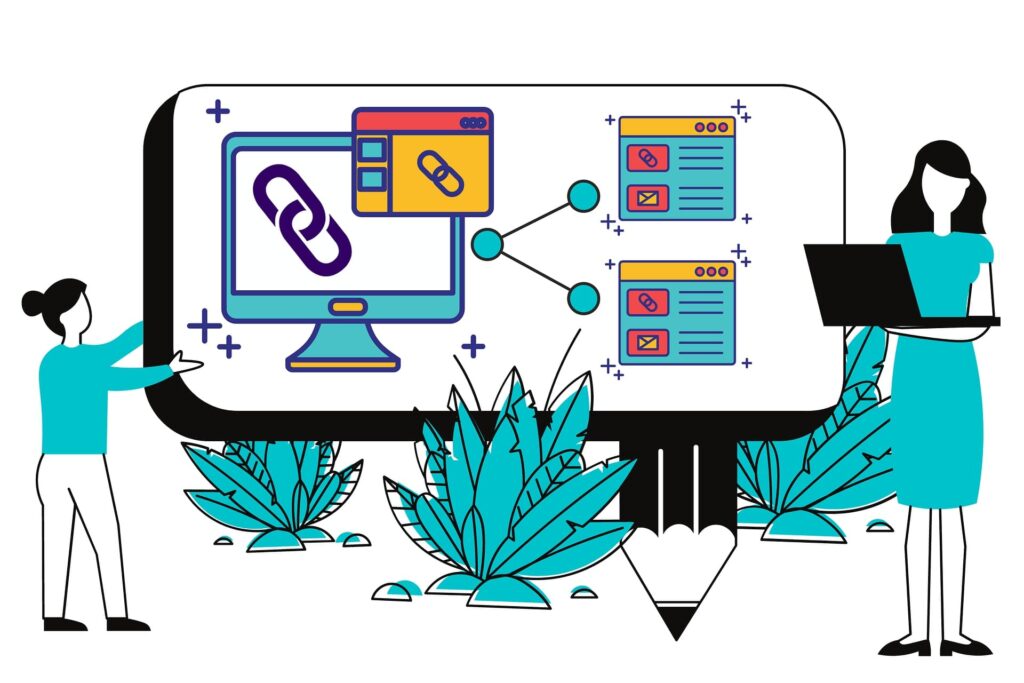Emotional intelligence (EI) is the ability to recognize, understand, and manage your own emotions, as well as the emotions of others. It involves the skills of emotional awareness, empathy, and emotional regulation.
EI matters because it can have a big impact on our personal and professional lives. People with high emotional intelligence tend to have better social skills and are better able to build and maintain positive relationships.
They are also better able to cope with stress and handle difficult situations. In the workplace, EI can be a key factor in leadership and job performance. Overall, high EI is associated with better mental health and well-being.
Emotional intelligence (EQ) is defined by Bagshaw (2000) as “the ability to use your understanding of emotions, in yourself and others, to deal effectively with people and problems in a way which reduces anger and hostility, develops collaborative effort, enhances life balance and produces creative energy’.
Experiential Learning: A Best Practice Handbook for Educators and Trainers
by Colin M. Beard, John Peter Wilson
Quick Links
What is Emotional intelligence (EI)
Emotional intelligence (EI) is the ability to recognize, understand, and manage your own emotions, as well as the emotions of others. It involves the skills of emotional awareness, empathy, and emotional regulation.
People with high emotional intelligence are able to effectively navigate and manage their relationships, as well as use their emotions to make better decisions and solve problems. EI is often seen as a key factor in personal and professional success.
Emotional intelligence is defined as being aware of the emotions of self and others, having control over one’s own emotions and being cognisant in the management of others’ emotions.
Effective Negotiation: From Research to Results
by Ray Fells, Noa Sheer
Top Ten Emotional Intelligence Skills
Here are ten skills that are often associated with emotional intelligence:
- Self-awareness: being aware of your own emotions and how they affect your thoughts and behaviors
- Self-regulation: managing and controlling your own emotions rather than being controlled by them
- Motivation: using your emotions to drive your actions and pursue your goals
- Empathy: understanding and being sensitive to the emotions of others
- Social skills: effectively communicating and interacting with others
- Communication: expressing yourself effectively, both verbally and non-verbally
- Interpersonal relationships: building strong relationships with others based on trust and understanding
- Decision-making: using your emotions to make sound decisions
- Problem-solving: using your emotions to solve problems and resolve conflicts
- Adaptability: being able to adapt to new situations and changing emotions.
How to improve Emotional Intelligence
There are several ways to improve your emotional intelligence:
-
Practice mindfulness: being mindful of your own emotions and how they affect you can help you become more self-aware.
-
Manage your own emotions: work on managing and controlling your own emotions, rather than letting them control you.
-
Practice empathy: try to see things from other people’s perspectives and understand their emotions.
-
Build strong relationships: work on building strong, positive relationships with others based on trust and understanding.
-
Communicate effectively: practice expressing yourself clearly and effectively, both verbally and non-verbally.
-
Solve problems: practice using your emotions to solve problems and resolve conflicts
Learn from your emotions: pay attention to your emotions and try to understand what they are telling you.
-
Seek feedback: ask for feedback from others about how you come across emotionally and how you can improve.
-
Seek out opportunities for growth: look for opportunities to learn and grow, both personally and professionally, which can help you build your emotional intelligence.
-
Practice self-care: take care of your physical and emotional well-being, as this can help you better manage your emotions.
Emotional intelligence implies to think positively, understand relationships, and resolve conflicts
The Bass Handbook of Leadership: Theory, Research, and Managerial Applications
by Bernard M. Bass, Ruth Bass
Emotional intelligence (EI) Vs Intelligence Quotient (IQ)
Emotional intelligence (EI) and intelligence quotient (IQ) are two different things. IQ measures cognitive ability, or the ability to think and reason. It is typically measured through tests that assess logical reasoning, problem-solving, and other cognitive skills.
On the other hand, emotional intelligence (EI) is the ability to recognize, understand, and manage your own emotions, as well as the emotions of others. It involves skills such as emotional awareness, empathy, and emotional regulation.
While IQ is important, emotional intelligence can also be important in personal and professional success. For example, people with high EI tend to have better social skills and are better able to build and maintain relationships. They are also better able to cope with stress and handle difficult situations. EI can be a key factor in leadership and job performance in the workplace.
Why is EI better than IQ?
Here are ten reasons why emotional intelligence may be considered better than intelligence quotient (IQ):
Emotional intelligence can be improved upon: While IQ is generally considered to be fixed, emotional intelligence can be developed and improved over time.
Emotional intelligence is important in personal relationships: EI is crucial in building and maintaining healthy relationships with others.
Emotional intelligence is important in the workplace: EI can be a key factor in job performance and career success.
Emotional intelligence is linked to mental health: People with high EI tend to have better mental health and are better able to cope with stress.
Emotional intelligence is linked to physical health: High EI has been linked to better physical health outcomes, such as a lower risk of heart disease.
Emotional intelligence is linked to academic success: Students with high EI tend to perform better academically.
Emotional intelligence is important for leadership: EI is often seen as a key quality in effective leaders.
Emotional intelligence is important for decision-making: EI can help you make sound decisions that consider the emotions of all parties involved.
Emotional intelligence can help you navigate social situations: EI can help you understand and effectively navigate social situations.
Emotional intelligence is important for overall well-being: High EI has been linked to overall well-being and a sense of satisfaction with life.
Bottom Line
Emotional intelligence is the ability to understand, identify, and manage one’s own emotions as well as the emotions of others. It is a set of skills that allows people to be aware of their thoughts and feelings.
People with high emotional intelligence can control themselves more, improving self-esteem, empathy, and relationships with others.
There are many ways you can improve your emotional intelligence. One way is by practicing mindfulness meditation. Meditation helps you gain perspective on your thoughts and feelings, improving your self-awareness.
Another way to improve emotional intelligence is by ensuring a healthy lifestyle. For example, eating healthy food and getting enough sleep will help increase productivity while also improving your moods, leading to better emotional control over yourself and those around you.
FTo improves our emotional intelligence, we need first to become aware of our own emotions to better manage them and the emotions of those around us.
Sharing is Caring

























